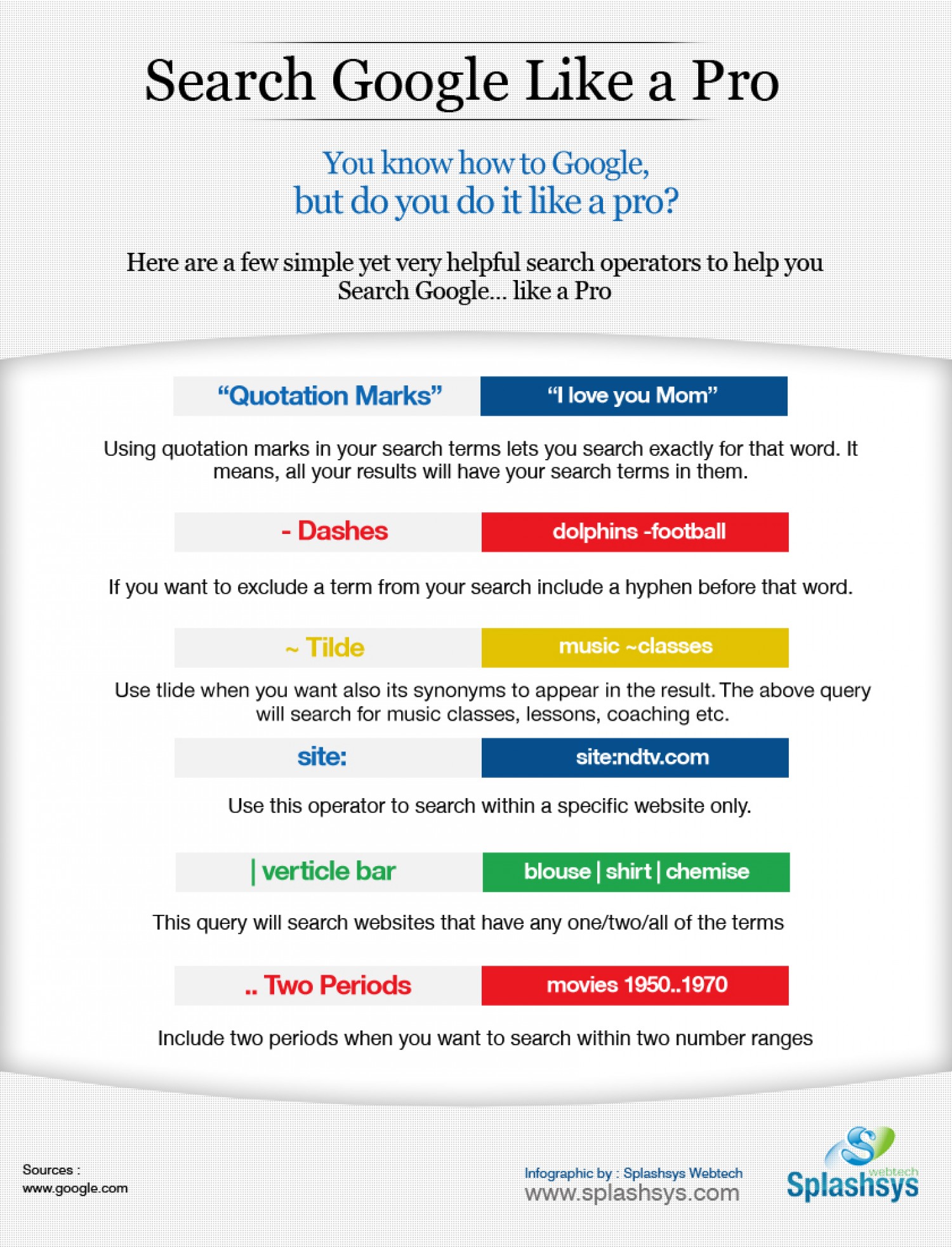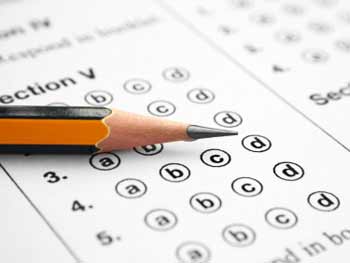Whether you’re having trouble because your subject is difficult, time consuming or – let’s be honest – boring we have some tips here that can help you improve your studying skills.
1. Walk Before An Exam
It’s been proven that exercise can boost your memory and brain power. Research conducted by Dr. Chuck Hillman of the University of Illinois provides evidence that about 20 minutes exercise before an exam can improve performance.
2. Make sure you get enough sleep
Staying up late studying is not a good idea. Lack of sleep prevents you from concentrating and reduces your ability to remember what you have learned
3. Avoid distractions
If you have family members that distract you, politely ask them to leave so you can continue with your assignments. If you have kids, this might not be possible. Make sure the TV and radio are off. If you need background noise, classical music might be of interest.
4. Study with a partner or in groups, and peer teach.
Rather than living in a cave with your nose in the books all day, grab a friend from your class and study with them. Group studying helps you to engage and process the information more deeply. Of course, it means more than just carpooling to the library and studying with your headphones on. Have fun with it. Race to solve an algebra problem first and discuss it afterwards. You can also divide the class topics and take turns teaching them as creatively as you like. Sometimes the best way to learn something is to teach it, even if you haven’t mastered it yet. Actively engaging the information with someone else not only helps you to learn, but makes studying more enjoyable. Just avoid turning your sessions into social hour.
5.Make Your Own Study Notes
Taking Notes is one of the most widespread study skills out there. Essentially the aim of note-taking is to summarise lectures or articles in your own words so you can easily remember the ideas. In most cases, the key is to be able to summarise the content as quickly as possible while not leaving out any key info.
When creating Notes, you can do it the traditional way with the good ol’ pen and paper or you can utilise online tools, such as ExamTime’s Notes feature.
6. Develop effective memorization techniques
You can use lists when having to memorize several things eg. (formulae). Flash cards are good for memorizing large amounts of grouped information.
7. Search Google Like a Pro
Save time when researching sources online by mastering the biggest search engine in the world; Google. Follow the tips in this image to find what you need at your fingertips:
8. Feed your brain.
A hungry brain is an ineffective one. Your brain needs the proper nutrients to keep it going. Because of this, what you eat and drink also play a huge role in how sharp your brain is. Healthy foods provide nutrients to your brain cells to keep them energized; junk foods increase fatigue and tend to lead to the infamous food coma. So ditch the bag of fried potato chips for a healthy snack bar and a yogurt.Don’t forget the H20. Hydration is equally important. Your brain cells need water to function properly and increase their efficiency. Staying hydrated is known to combat anxiety and increase short-term and long-term memory function.
9. Take breaks.
Your brain is like a muscle. It needs exercise to make it stronger, but it can also tire if you overwork it. Imagine that each minute of studying is a push-up and you have to complete 100. If you try to do them all at once, you’ll fatigue to the point where you can’t continue. Essentially you burn out and, despite how hard you try to push, you can’t get your chest off the ground. Your brain is no different. You can try to pound the information in after studying non-stop for an hour, but learn little. On the contrary, if you divide the 100 push-ups into 10 sets, taking a 2-minute break in between, completing 100 is not that bad. If you divide studying into 15-30 minute blocks with quick breaks in between, your brain will feel refreshed, grateful and ready for the next challenge you throw at it.
10. Improve test-taking strategies
A poor test result doesn’t always mean that the student doesn’t have a good grasp of the academic material or skill gaps. It’s possible that the student understands the material, but doesn’t take tests well. An effective test-taking strategy includes: learning how to prioritize material when studying for a test; preparing for a test over a number of days and not just the night before; coping with stress during the test; and managing time during a test so that all sections or areas are completed.
Sources: WikiHow, LifeHacks, Examtime













